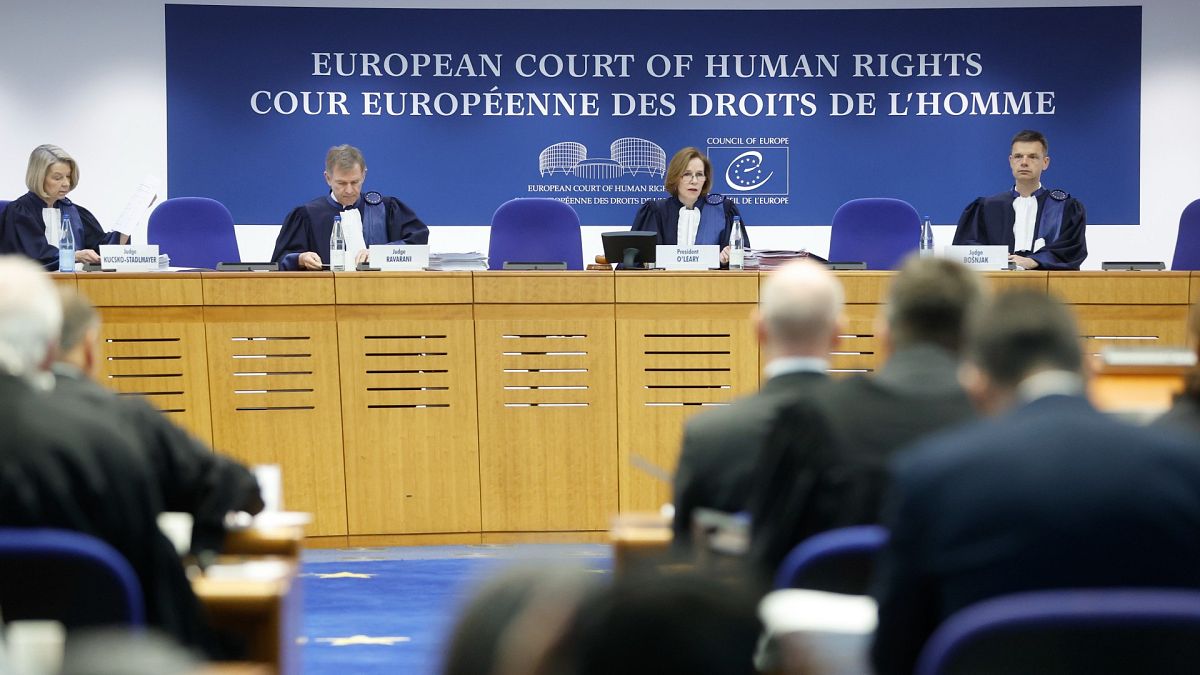Former Deputy Prime Minister Adrian Severin was convicted of trading in influence after a 2011 media sting exposed allegations that he had accepted money in exchange for tabling amendments to EU banking laws. The European Court of Human Rights upheld the bribery conviction against Severin, who was sentenced to over three years in prison in 2016 following a report by the UK newspaper the Sunday Times. The report stated that Severin had submitted an invoice for consulting services to supposed lobbyists after proposing changes to an EU law on bank deposits. Despite his claims of innocence, Severin was expelled from the Socialists & Democrats group but continued as an MEP until 2014.
Severin was one of three MEPs targeted in the 2011 report, along with Austria’s Ernst Strasser and Slovenia’s Zoran Thaler. Both Strasser and Thaler admitted to knowing that the reporters’ company was fake but went along with the subterfuge. The scandal led to a reevaluation of European Parliament transparency laws, resulting in a more detailed register of contacts with lobbyists. However, in 2022, the EU Parliament faced another scandal with the Qatargate affair, involving allegations of corruption and influence peddling to foreign buyers. The MEP at the center of this scandal, Eva Kaili from Greece, has pleaded not guilty, and a Belgian judge has ordered an investigation into the evidence against her.
Transparency International EU’s analysis earlier this year revealed that many MEPs, despite being banned from lobbying, continue to earn substantial income from corporate board positions. The questionable practices of some lawmakers have raised concerns about the integrity of the European Parliament and its members. Severin’s case serves as a reminder of the consequences that arise from trading in influence and accepting bribes, highlighting the importance of upholding ethical standards in politics.
The use of covert recordings by the reporters in the Severin case raised questions about investigative methods and the rights of the accused to a fair trial. The European Court of Human Rights ruled that the criminal proceedings against Severin in Romania provided him with adequate safeguards to exercise his defense rights. Despite his objections, Severin’s conviction was upheld, underscoring the severity of the accusations against him. The legal implications of the case shed light on the complexity of prosecuting corruption and influence peddling in politics, emphasizing the need for rigorous enforcement of anti-corruption laws.
The fallout from the Severin scandal reverberated throughout the European Parliament, prompting calls for greater transparency and accountability among lawmakers. The introduction of stricter regulations and oversight mechanisms aimed to prevent similar incidents from occurring in the future. However, subsequent scandals like the Qatargate affair have exposed ongoing challenges in combating corruption within the EU institutions. The continued prevalence of unethical practices among some MEPs serves as a cautionary tale for those who seek to abuse their positions for personal gain.
In conclusion, Adrian Severin’s conviction for trading in influence serves as a cautionary tale for legislators and politicians about the consequences of engaging in corrupt practices. The case underscores the importance of upholding ethical standards and transparency in government to maintain public trust and confidence. The European Parliament’s response to the scandals involving Severin and other lawmakers reflects a commitment to rooting out corruption and promoting accountability among its members. Moving forward, continued efforts to strengthen anti-corruption measures and enforce ethical standards will be essential to safeguard the integrity of the EU institutions.











